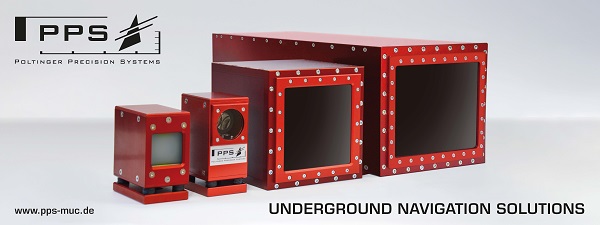Doka wins contract for Northern Europe's largest infrastructure project Fehmarnbelt
International formwork and scaffolding expert Doka has been awarded the contract to provide its comprehensive formwork expertise on the Fehmarnbelt Tunnel project, which on completion will be the world's largest immersed tunnel for road and rail traffic.
The Fehmarnbelt Fixed Link is an important element in the green transitition for the European transport sector. The link will be an 18 km immersed tunnel between Rødbyhavn on Lolland in Denmark, and Puttgarden on Fehmarn in Germany, creating an efficient, green transport corridor that connects Scandinavia with the rest of Europe. When complete, the tunnel will be the world’s longest immersed tunnel for cars and trains; it is scheduled to open in 2029.
Robert Hauser, CEO Doka, comments: "Sustainability is positioned at the heart of this project. It is determining the way in which the tunnel is constructed, and will be the framework for operations when the tunnel is finished. This approach only works if you have partners who share the same mindset. We are very pleased to be able to apply our expertise as a global leader in formwork construction for such a significant infrastructure project in the European transport network." The construction work for the Fehmarnbelt Tunnel is taking place on land and at sea. Doka will be responsible for the construction of the tunnel entrances and ramps on both the Danish and German sides. The scope of work includes, among others, the construction of cut-and-cover parts of the tunnel, the buildings at the entrances and exits, and the ramps, as well as light attenuation of the tunnel, various structures and landside civil work.
The completed Fehmarnbelt Tunnel will accomodate a four-lane highway, as well as a two-track electrified rail line. In addition to a direct road connection between Scandinavia and Central Europe the tunnel will create a green transport corridor with a fully electrified railway to encourage the shift of freight traffic from road to rail. The tunnel will also help lower carbon emissions by reducing fuel consumption as the distance between Hamburg and Copenhagen will be cut by 160 kilometer. This also amounts to a driving-time saving of some two hours.
Respect for nature and the environment is a top priority in the construction and subsequent operation of the Fehmarnbelt Tunnel. Doka uses methods and materials that have a positive impact on the environment in all its projects. As an industry pioneer, Doka is the first company to introduce authentic and transparent emissions data for its portfolio of 6,000 products. This supports the company strategy of developing low-emission products as well as improving products to enable their use for as long as possible, making them eco-intelligent and circular.
cover tunnel photo by: Matt Brown from London, England / CC BY
Copyright 2019-2024 TunnelContact.com








https://www.doka.com/dk/news/press/fehmarnbelt-tunnel
Doka wins contract for Northern Europe's largest infrastructure project Fehmarnbelt - Doka
www.doka.comInternational formwork and scaffolding expert Doka has been awarded the contract to provide its comprehensive formwork expertise on the Fehmarnbelt Tunnel project, which on completion will be the world's largest immersed tunnel for road and rail...